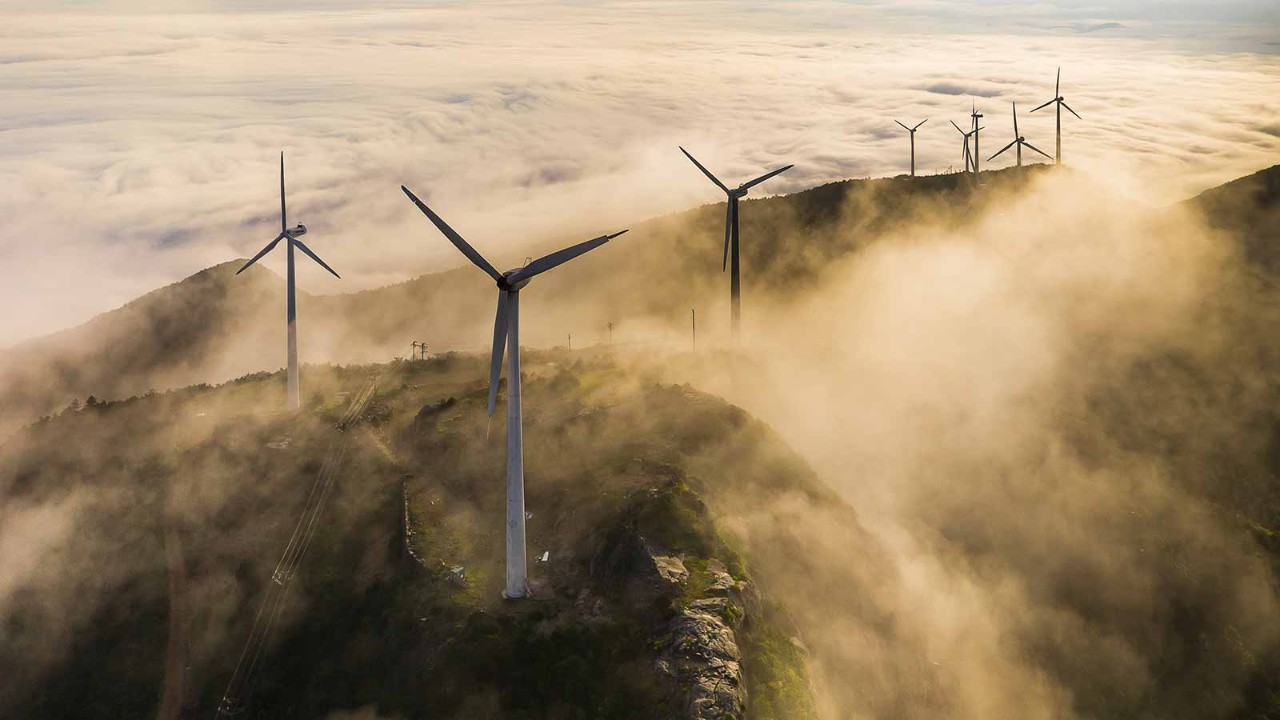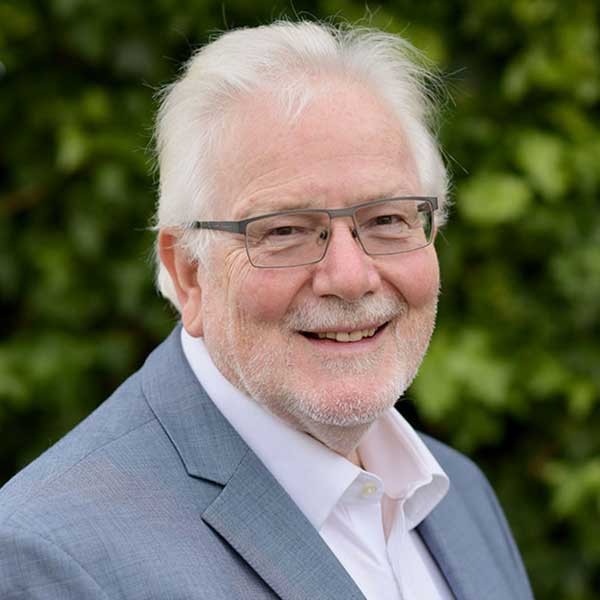
The town where I grew up was ruled by four queens. Queen Anne, Queen Bess, Queen Victoria and Queen Mary were the names given to a mighty quartet of blast furnaces at the steelworks where my father went to work in Scunthorpe, in the north of England.
The Appleby-Frodingham mills dominated the landscape. Smoke poured out of towering chimneys, flavouring the air with a special tang that I can taste even now. The nights were lit up with sprays of orange sparks thrown out by the fires which burned every minute of every day throughout the year to smelt Lincolnshire ironstone into steel ingots.
It was a scene that had not really changed since the dawn of the Industrial Revolution two centuries earlier. It defined an economy that was built on extracting raw materials from the earth, and using brute force and machine power to turn them into something else. It was the engine that drove economic growth, and for 200 years it was an astonishingly effective model, if you could only ignore the human and environmental degradation that came with it.
I recall this today to draw a contrast – because we are living through a new age that is transforming the economic landscape faster than at any previous time in history.

The old methods of measuring and accounting for economic success are obsolete, and there is a growing appreciation that production must be about more than profits
Different forces
Fast-forward half a century and global commerce is shaped by different forces. Where the economy used to be built out of iron and steel, fuelled by coal and oil, now the most valuable part of any commodity is the data and ideas that have gone into its production.
This, for me, is the biggest change our world has seen in my lifetime. The fruits of production used to be tangible. Now they are notional.
This has enormous consequences for everyone, including accountants, because it has changed the nature of our work. When I entered the profession, our job was to keep score. We added up the numbers. We gave clients the figures they needed to see if they were making a profit or a loss. It was black and white.
From profit to footprint
Now the world is a lot more nuanced, and our role is vastly more complex, mirroring the infinitely more varied pattern of economic activity. The old methods of measuring and accounting for economic success are obsolete, and there is a growing appreciation that production must be about more than profits.
We know now what our forerunners in the 18th, 19th and even much of the 20th centuries did not – that the headlong pursuit of production in a narrow quest for cash returns is unsustainable for the long-term success and even survival of our society. There is a wider acceptance that we must keep score in a different way, using methods that take into account a business’s impact on the world rather than on the balance sheet alone.
Increasingly, businesses stand and fall by the contribution they make to society. To grow and prosper, they must gain the support of groups beyond the narrow circle of people who own their stock. If they forfeit that consent, they suffer, as recent history has shown.
When it goes wrong
BP’s botched and complacent response to the disastrous Deepwater Horizon oil spill in the Gulf of Mexico in 2010 resulted in motorists boycotting its forecourts and investors running for cover – the company’s share price fell by 50% in 40 days and never completely recovered. Volkswagen has never regained the ground it lost following the fraudulent engine emissions scandal of 2008. And hands up who remembers when accountancy’s Big Four used to be a Big Five, before Arthur Andersen was punished in the courts and the marketplace for its role in the Enron fiasco.
In the modern jargon, this wide-vision perspective on a business’s worth has come to be called stakeholder capitalism, and it is a useful way of reimagining commercial activity.
I like to think of it simply as business being for a purpose, not just for profit, and that for me is the real stamp of authenticity that ACCA brings to the accountancy profession.
ACCA has gone further than any other professional body in building a respect for wider society and the environment into our qualification and our training. Our commitment to the public good is written into the published values we share with the world. It is why ACCA has included the United Nations’ Sustainable Development Goals in a 10-year plan through to 2030, with a clear and measurable commitment to reach specific targets across a number of areas including our carbon footprint, our contribution to education, and dedication to inclusion.
Above all else, I know that our determination to achieve those aims is as solid, stable and sturdy as the strongest steel.
Further reading
See also ACCA’s guidance about professional skills for the future





